India & Britain: partners in need
Brexit has put Prime Minister Modi in the driving seat for negotiating a better trade deal for India with the UK--and the EU
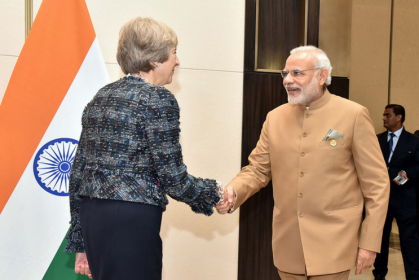 Courtesy: MEA/Flickr
Courtesy: MEA/Flickr
Brexit has put Prime Minister Modi in the driving seat for negotiating a better trade deal for India with the UK--and the EU
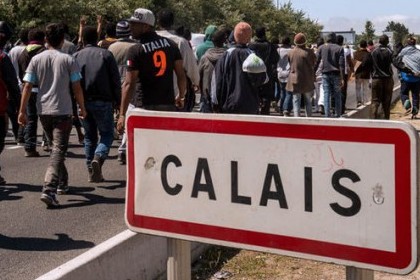 Courtesy: Getty
Courtesy: Getty
The French city, bordering the English Channel, is a symbol of the tension between Paris and London and the crisis in Europe as a whole. The dismantling of one refugee outfit here just made an already thorny issue pricklier.
 Courtesy: Forum 2000
Courtesy: Forum 2000
The Forum 2000 conference in Prague last week was an occasion to reflect on the challenges facing democracy in an economically globalised, but socially fragmented, West.
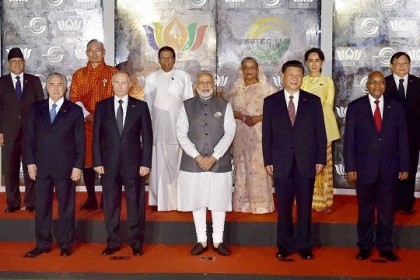 Courtesy: MEA India / Flickr
Courtesy: MEA India / Flickr
Perhaps South Block did not gain as much as it had hoped to: there was a gulf in member states’ perceptions. One takeaway, therefore, for policy makers was that while noise has its uses, it is now time for some quiet diplomacy
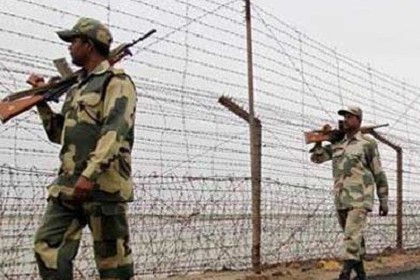 Courtesy: India.com
Courtesy: India.com
The Indian defence minister spoke – unexpectedly – of a doctrinal change in stance.
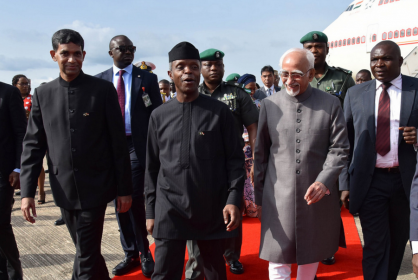 Courtesy: MEA India / Flickr
Courtesy: MEA India / Flickr
India has remained connected with the African nations in the course of the last one year through high-profile events and well-publicised visits by top leaders. This momentum in bilateral cooperation needs to be sustained on all fronts
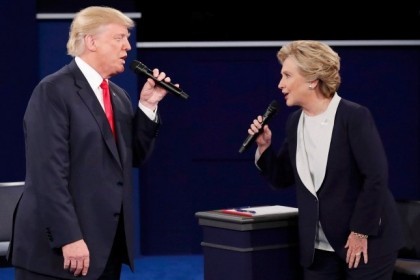 Courtesy: Reuters
Courtesy: Reuters
This excerpt was transcribed from The Gateway House Podcast episode, 'U.S. Elections: Trump’s down but not out' which is part of the special miniseries on the U.S. election and its foreign policy implications. In the episode, Ambassador Neelam Deo discussed the larger foreign policy implications mentioned by the presidential candidates at the second Presidential debate on Sunday night
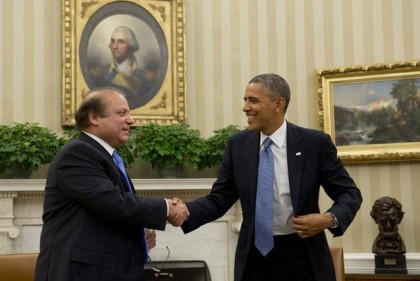 Courtesy: Wikipedia
Courtesy: Wikipedia
There has been a strengthening in the India-U.S. bilateral, which reached new heights with the signing of the LEMOA agreement in August, 2016. However, this strengthened bilateral has not resulted in a strong response to Pakistan by the U.S. Government.
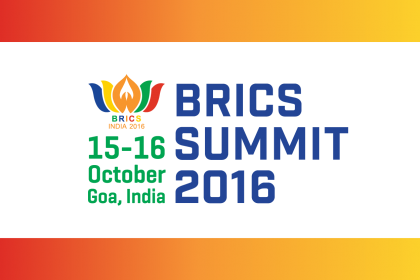 Courtesy: Gateway House
Courtesy: Gateway House
The 8th BRICS summit in Goa comes in the midst of major geopolitical events; Brexit, the U.S. elections, the South China Sea dispute, and the terror attacks in Uri. There is much need for BRICS to demonstrate to the world, its capability to manage internal differences and showcase a collective sense of cooperation
 Courtesy: AP
Courtesy: AP
India’s new focus on Balochistan has more to do with the China Pakistan Economic Corridor (CPEC) than with Kashmir. China understands that CPEC may not be achievable. But there are real dangers in reviving Pakistani fears of secessionism and in broadening the field of Indo-Pakistani conflict beyond the confines of Kashmir.